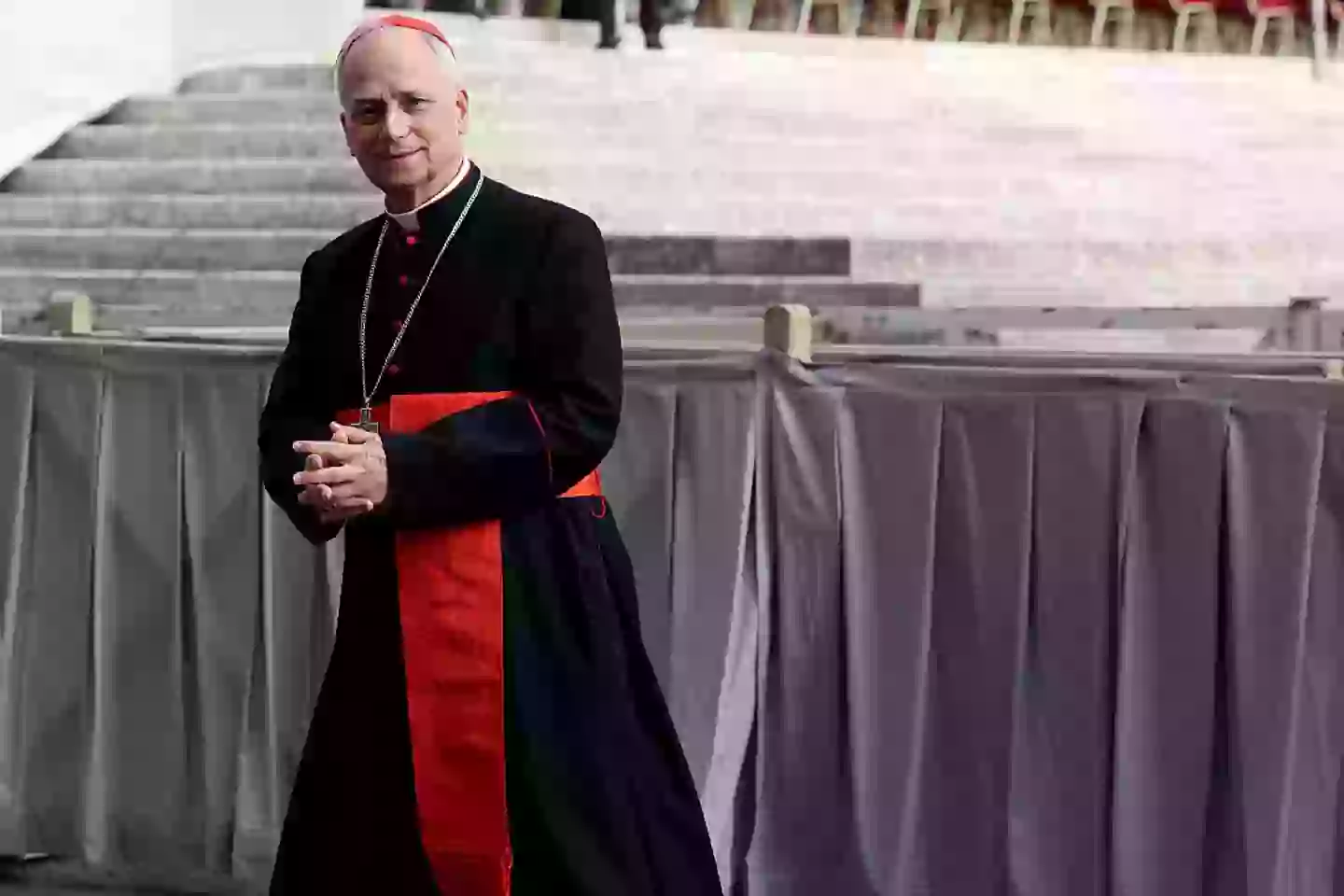The successor to the late Pope Francis was officially selected by the papal conclave after a secretive two-day meeting held in the Sistine Chapel. The announcement came as white smoke rose from the chapel earlier today (Thursday, May 8). Vatican officials, gathered at St. Peter’s Basilica, declared that Cardinal Robert Francis Prevost had accepted the position as the 267th pope, adopting the name Pope Leo XIV.
Here’s what we know about him:
Pope Leo XIV, at 69, is considered relatively young for a pope. He hails from Dolton, Illinois, near Chicago, making him the first American to take on this role. His appointment has been celebrated by President Donald Trump, who expressed his pride in having an American pope.
Prevost, however, spent a significant portion of his life in Peru during the 1980s and 1990s after being ordained in 1982. He earned a doctorate in canon law from the Pontifical College of St. Thomas Aquinas in Rome and later became a naturalized Peruvian citizen. Over the years, he held various clerical positions, including parish priest, diocesan official, seminary teacher, and administrator.
Fluent in both Spanish and Italian, Leo was appointed Bishop of Chiclayo in Peru from 2015 to 2023. In 2020, he was named apostolic administrator of the diocese of Callao, Peru, and in 2023, he was appointed as the Prefect of the Dicastery for Bishops, an influential Vatican office overseeing episcopal appointments worldwide. These roles positioned him as a strong candidate for the papacy.

Pope Leo XIV is known for his centrist stance, in contrast to the progressive views of Pope Francis. As Rev. Michele Falcone, a priest in the Order of St. Augustine, stated, Leo represents a “dignified middle of the road.”
The name “Leo” has a strong historical connection within the papacy, being one of the five most popular names chosen by popes. Pope Leo XIII, who served as pope from 1878 to 1903, was a pioneer in Catholic social justice.
During his first address to the faithful from the Vatican balcony, Pope Leo XIV greeted the crowd with the words, “Peace be with you.”
Charity organization Cafod has praised Pope Leo, calling him “a voice of wisdom in a fractured and divided world.” His mission work in Peru, bringing the perspective of the global south into the papacy, highlights his commitment to uplifting marginalized voices.
Pope Leo has also expressed his belief in the humble service of the clergy, stating to Vatican News last year, “The bishop is not supposed to be a little prince sitting in his kingdom, but rather called authentically to be humble, to be close to the people he serves, to walk with them, to suffer with them.”
